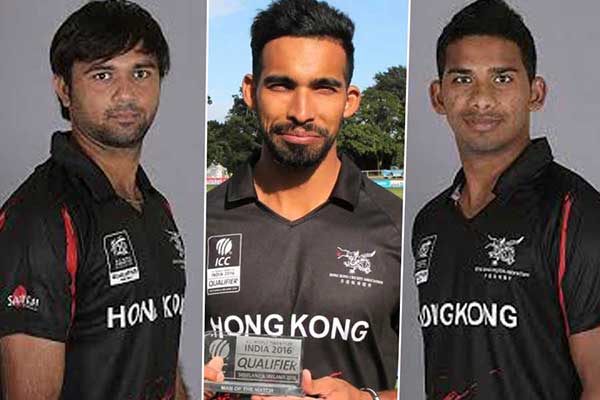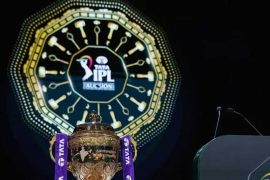The Governing body of International Cricket ICC has put a life ban over three Hong Kong Cricketers in the wake of breaking anti-corruption code.
Imposing the punishment, the ICC banned Irfan Ahmed and Nadeem Ahmed for lifetime however, third defaulter and their teammate Haseeb Amjad has been slapped with a five year-ban.
The ICC Tribunal heard evidence that all three players “fixed or contrived to fix matches” and “failed to disclose approaches to fix during a number of international fixtures across a two-year period”.
It was found that the players were indulged in a fixed specific part of the games while playing against Scotland and Canada.
Irfan Ahmed has been charged on nine offences, which includes fixing, failure to disclose full details and offering or agreeing to accept a bribe among other charges. On the other hand, the other two have been charged on three offences each.
Alex Marshall, ICC general manager, stated that although the players were involved in malpractices, Hong Kong went on to win the games. He also reiterated ICC’s tough stance on eradicating the fixing menace from the game.
“This has been a long and complex investigation which has uncovered systematic attempts to influence moments in matches by experienced international cricketers over a period of time,” Alex Marshall, ICC General Manager, said. “Their conduct was premeditated and sophisticated and each of the Ahmed brothers sought to corrupt others.
“The main offences relate to the Hong Kong matches against Scotland and Canada where the players fixed specific overs. These matches were won by Hong Kong so it did not materially affect the results of the tournament, however I cannot reiterate strongly enough to any player considering this that we treat any form of fixing – spot or match – with the utmost seriousness.
“With the fixers finding it harder than ever before to penetrate the highest levels of the game, we are increasingly seeing them turn their attention to other avenues in the sport and we will continue to work with Members to ensure players at all levels are educated about the dangers of corruption.
“The severity of the offences is reflected in the sanctions and I hope will deter other players from taking this path and demonstrate to cricket fans around the world our commitment to a corruption free sport,” Marshall concluded.
Disclaimer:
The information contained in this article is for educational and informational purposes only and is not intended as a health advice. We would ask you to consult a qualified professional or medical expert to gain additional knowledge before you choose to consume any product or perform any exercise.






